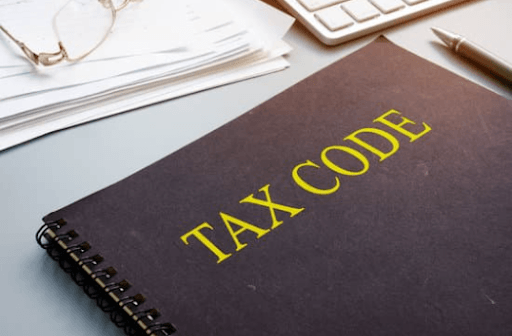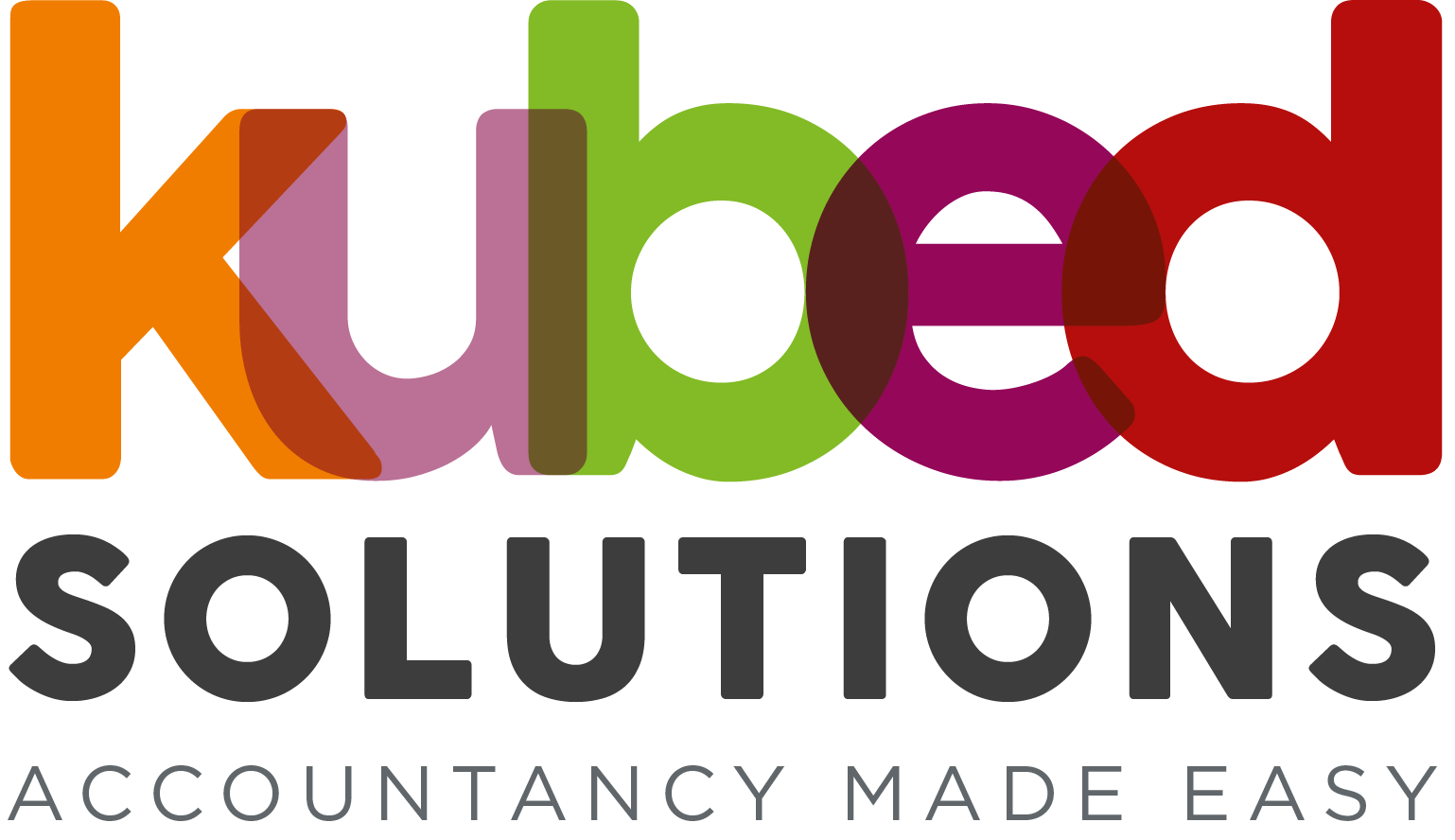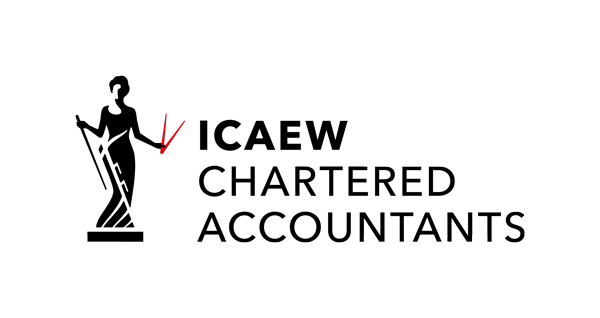Blogs
Filing your Self-Assessment tax returns

Those self-employed or those earning income from sources other than salary are required to complete a self-assessment tax return for each tax year. The 2020/2021 Self-assessment tax return is due on the 31st of January 2022. However, you will need to submit your return by 30 December 2021 if you want more choice over how you pay your tax bill. It should also be noted that the tax is not required to be paid in a lump sum. The reason for submitting as soon as possible is that alternative payment options have stricter deadlines. For example, you would have to submit your tax return by the 30th of December if you want the option to pay with your PAYE tax code.
In order to complete a Self-Assessment tax return we require the following information:
Salary
For your employment held during the tax year, either a P60 or a P45 is required.
A P60 is given to employees at the end of the tax year. It describes their income as well as tax deductions for the year.
A P45 is given to employees who leave their employment during a tax year. Like the P60, it contains their total income and tax deductions.
P11D is also required for any benefits you may have received during the tax year.
Rental income
Please provide us with the annual rental income statement and expenses including any interest on a mortgage, paid for the year.
Bank Interest
The bank should give you a statement on how much interest you gained for each bank account.
Dividends
Dividend vouchers from personal investments are required for the tax year. Or a statement from your investment manager with these details would also suffice.

Pension Received
HMRC should send a letter annually regarding state pensions, this or equivalent bank statements are required. For Private pensions, a P60 is needed.
Pension Contributions
Tax relief may be available if you contribute to a personal pension scheme. You would need to provide: The name of the provider, The contract/membership number, and the amounts and dates of the contributions
Additionally, there are two types of arrangements where your company makes pension payments on your behalf. These are After-tax contributions and Before-tax contributions.
Capital Gains Tax
This includes gains made on the sale of shares or other assets. We require a full breakdown of purchase and sale prices and dates to calculate the loss or gains made in the year.
Foreign income
We require your worldwide income if you are a UK resident. It would be also good to understand the location of your domicile to determine further taxability of the income.
Any other income
If you earn any other income not covered above, then please let us know so we can determine if it needs to be included on your tax return.
Job Expenses
You are able to claim additional tax relief if you, personally, pay for business expenses. These expenses can include Mileage, Uniform Allowance, and Professional subscriptions.
SEIS/EIS
If you have invested with EIS you may be able to receive tax relief. HMRC should issue a certificate regarding these investments, which you will need to pass on to us.

Charitable Giving
You may be able to claim additional tax relief if you have made a charitable donation. However, this is dependent on many different factors, including Charity, size of the donation, and what rate of taxpayer you are.
Change of Circumstances
These include a Name change, Marital status change, dependents number change, or address change.
Tax Code
Tax coding notices from over the year are required.

Marriage Allowance
If you earn between £12,500 - £50,000 and your spouse earns less than £12,500, then you may be able to claim additional tax relief, you and your partner’s National Insurance numbers are required as well as a Marriage Certificate.
The above should not be taken as a comprehensive list, every individual will have a unique situation, especially in these times. Please contact us for a free 30-minute consultation.

